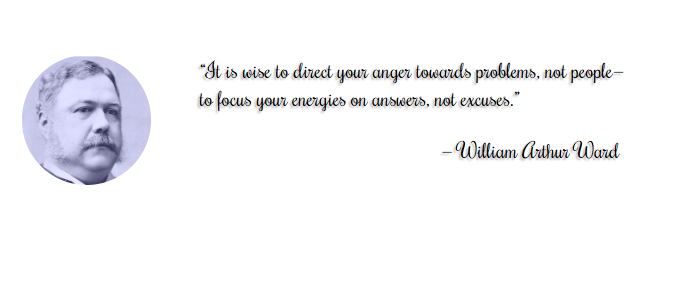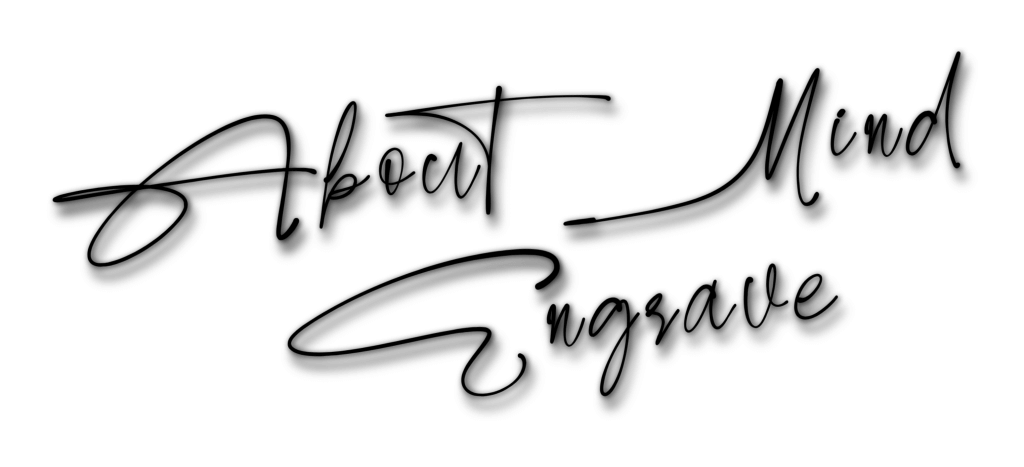Managing Anger Mindfully
Anger is like a storm rising up from the bottom of your consciousness. When you feel it coming, turn your focus to your breath.
– Thich Nhat Hanh
Anger is an intense emotion that we all experience at some point in our lives. It can surge within us, often unexpectedly, and when left unchecked, it can have destructive consequences. The quote by Thich Nhat Hanh offers valuable insight into how we can manage and channel this powerful emotion.
Anger is a natural human emotion. It arises in response to various triggers, such as frustration, injustice, or even personal disappointment. When we experience anger, our bodies undergo physiological changes – our heart rate increases, muscles tense, and adrenaline surges. It’s a visceral and often overwhelming sensation that, if not managed, can lead to poor decision-making and strained relationships.
The quote beautifully likens anger to a storm. Just as a storm can brew suddenly and wreak havoc if left unchecked, so too can anger. It can rise from deep within us, triggered by external events or internal thoughts. When anger takes over, it can cloud our judgment and impair our ability to think rationally.
The profound and effective way to deal with anger as advised through the quote is to turn our focus to our breath. In essence, we can regain control over our emotional response by practicing mindfulness.
Mindfulness is the practice of being fully present and aware of the current moment without judgment. When we become mindful of our breath, we shift our attention away from the source of anger and onto something constant and calming – our own respiration.
This redirection of focus has several powerful effects. First, it gives immediate calming. This is made possible by mindfulness technique of deep and conscious breathing which triggers the body’s relaxation response. This further reduces the physical manifestations of anger, such as increased heart rate and muscle tension. Second, it gives space for reflection due to the brief pause between the trigger and our response. In between the trigger and our response we can assess whether our anger is justified or disproportionate to the situation. Third, it engender emotional regulation by helping us detach from our anger, enabling us to observe it rather than become consumed by it. This us a perspective that allows us to choose how we want to react. Fourth, it facilitates improved decision-making. When we’re no longer controlled by anger, we can make more rational decisions about how to address the situation or problem that caused our anger.
To apply this wisdom to our daily lives, we can develop a habit of mindfulness and deep breathing. When we feel anger rising, we can pause, take a few deep breaths, and allow ourselves to be fully present in that moment. We can as well explore other mindfulness techniques such as meditation, yoga, or journaling. These practices can help us delve deeper into understanding the root causes of our anger, which is often linked to unmet needs, expectations, or past traumas.
In a world where we often react impulsively to the challenges and stressors around us, the quote reminds us of the power of mindfulness and breath. It teaches us that we have the ability to navigate the storms of anger within ourselves. By practicing mindfulness and focusing on our breath, we can transform our relationship with this powerful emotion. We can harness its energy for positive change and prevent it from causing harm to ourselves and those around us. Ultimately, the quote offers a simple yet profound path towards emotional intelligence and self-mastery.

Odusanya Adedeji
Odusanya Adedeji A., is a Licensed & Certified Clinical Psychologist whose domain of expertise cuts across management of specific mental health issues such as, Depression, PTSD, Anxiety & Anxiety related disorders, substance use disorder, etc





